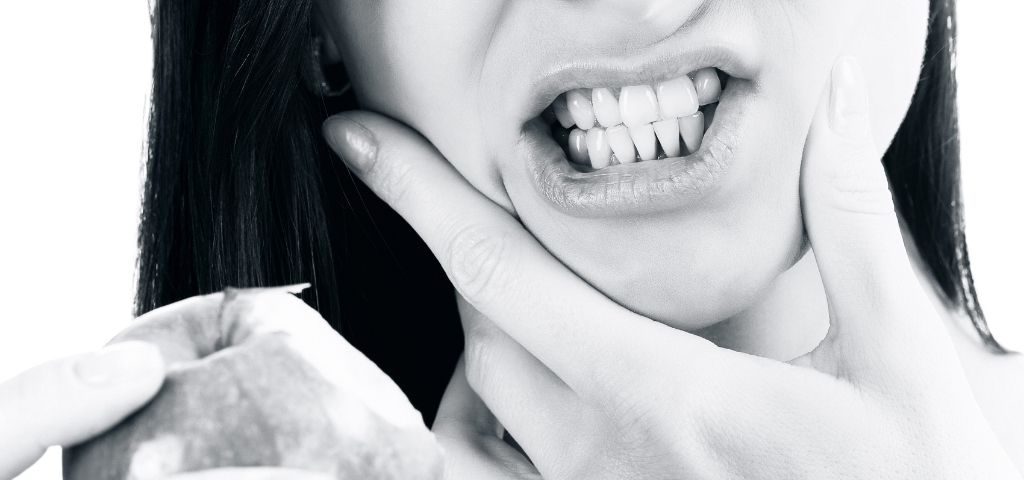
Do you also feel your jaw click or pop while yawning, chewing food, or opening your mouth? This can make you feel uneasy, but may not be painful every time. Over time, your jaw clicking may improve or may worsen. There are a number of reasons for painful and non-painful jaw clicking or popping. The positive news is that most experts agree that non-painful popping or clicking in the jaw is not something to be worried about. However, painful clicking in the Temporomandibular Joint (or TMJ) should be treated well.
If you frequently experience jaw popping and clicking, it may be a sign of TMD (Temporomandibular Dysfunction). TMD refers to pain or problems with the jaw joint (TMJ). It is the second most common musculoskeletal pain behind low back pain. One in three people experiences at least one symptom of TMD. This issue affects women more than men and most commonly affects people from 25-44 years old.
Causes
If you experience subtle or even loud jaw clicking or popping frequently, you may wonder what is causing your symptoms. In short, there is no simple answer. Some clicking or popping is caused by the cushion or disc in the jaw joint. Arthritis can sometimes be the cause. In other cases, TMD can lead to painful clicking or popping. There is no way to know or prove what exactly is causing your jaw to click. However, you should consider if any of your daily habits may be contributing to your pain or problems.
TMD symptoms are often worsened by:
Another important consideration is whether your jaw popping is painful or if it interferes with your daily life. Non-painful popping and clicking are typical of no concern. However, if your clicks or pops are very loud or are accompanied by catching or locking of your jaw, you should have a TMJ expert assess your symptoms.
How to reduce symptoms?
There are multiple ways you can help reduce your TMD symptoms. Start by identifying any habits or other things that worsen your symptoms. Keep a journal to help you identify how often you chew gum, bite your nails, or the inside of your cheek. Does this worsen your jaw pain, clicking, or your ability to open your mouth? Set a periodic alarm on your phone during the day to check your posture and tension. Are you resting in a tense posture? Is your jaw clenched? Can you release this tension? In a healthy resting posture, your shoulders should be relaxed. If your jaw is relaxed, your teeth should be slightly apart and your tongue should naturally rest on the front of the roof of your mouth. This hourly alarm will help you understand how much daily tension you place on your jaw joint.
Physical therapy at SOS PHYSIO Rehab
Physical therapists at SOS PHYSIO Rehab can evaluate, treat, and help you manage TMD to relieve symptoms, and pain, and improve mouth function. Physical therapists are movement experts. A physical therapist uses non-invasive treatments to decrease your pain and help restore the natural movement of your jaw.